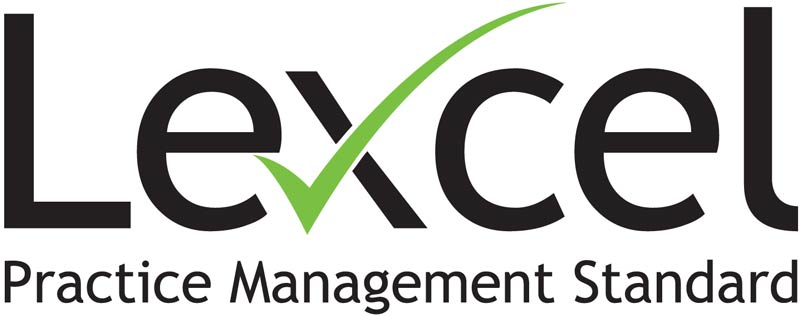Getting your business ready to sell
When considering selling your company, you need to start preparing your business to sell. It is worth investing time and effort into making sure your business is in a good position before going to market. This helps you with the valuation, but also to reduce the risk of issues arising later on in the process. Make sure you have the paperwork, accounts and contracts organised and up to date, and (ideally) any ongoing disputes have been resolved.
Value your business
The next step is to get your business valued. Your business is worth more than just its physical assets, you will need to take into account staff, intellectual property, contracts, revenue, liabilities, reputation and so on. Whether you are going to sell your business as an asset sale or as a share sale can impact significantly on the potential value also. There are no strict set rules for valuing a business, and it is always best to take advice from a reputable business broker, corporate financier or accountant, who will be able to value your business and advise on the best way forward.
Plan for after the sale
It is never too early to plan for what you will do with the proceeds of sale once it is complete. Do not leave it until after completion, as it may be too late to implement tax savings you could have been entitled to. Your financial adviser, together with your accountant, and our wills and probate solicitors, are best placed to help with this sort of advanced planning.
Find a buyer
If you haven’t already got a buyer in mind, it is worth considering a good business broker, not only can they help value your business but they can help market it through the right channels and help you to negotiate a good deal structure. As with any service provider, you should make sure you check their terms & conditions and how much retainer, commission or other charges you may be required to pay.
Agreeing terms
Once you have an interested buyer, you should agree the heads of terms. Be prepared to negotiate and (even with smaller business sales!) try and make sure you get the details down on paper, so that all parties know where they stand and help avoid any potential misunderstandings later in the process. If our corporate solicitors are engaged at this stage, we can help you nail down the heads of terms before they are signed. It is amazing how much gets missed, or how overcomplicated the structure can become when solicitors are not engaged early enough. A little spent now can save thousands (and avoid unwanted stress) further down the line.
Complete the Purchase Agreement
Once the heads of terms are agreed, the particulars of sale should be drafted in a comprehensive purchase agreement. If the shares of a company are being purchased outright, this document will be a share purchase agreement or “SPA”. If the business assets are being purchased, this will usually take the form of an asset purchase agreement or “APA” (sometimes called a business sale agreement or “BSA”). The business purchase agreement is normally drawn up by the buyer’s solicitors, with the seller’s solicitor then reviewing it with the seller and making required amendments. There may be a bit of back and forth here, but with comprehensive heads of terms, much time can be saved! Whether acting for the buyers or sellers, the business lawyers at Scott Bailey will guide you through what may be a complicated agreement, with multiple factors to it, including the terms, price, completion arrangements, stock, employees, warranties, completion accounts and tax covenants.
Our expert corporate solicitors also prepare and advise on additional ancillary documents that will need to be prepared, such as board minutes and stock transfer forms.
As well as the sale agreement and ancillary documents, our commercial property solicitors may also be involved to prepare the sale of a freehold property, or assignment of a business lease. Where a buyer is taking a new lease from a landlord, our commercial property team can advise sellers on the surrender of the existing lease and any guarantees in place. When acting for buyers, our commercial property lawyers can advise on and negotiate the terms of the new commercial lease.
How we can help
The company and commercial solicitors at Scott Bailey have a wealth of experience in dealing with business sales for SME business owners. We regularly advise clients from a variety of sectors, from healthcare and hospitality through to fintech and the marine industry. From our base in Lymington, Hampshire, we have a history of acting for clients buying and selling businesses locally, across the South Coast, and throughout England and Wales.
If you are thinking of selling your business, get in touch with our corporate lawyers by email at [email protected] or call 01590 837575








